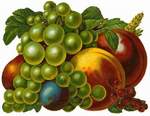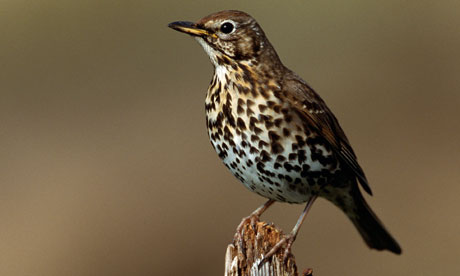The ultimate control of the expression of human creative potential is in the regulation of the diet. To improve human potential you must improve the quality of the food. Lower the food quality and you lower possible human creativity. Now the FBI wants to know if you are interested in food and if you are you may be classified as a food terrorist and subject to prosecution.
Open Up and Say “Ahh”
A recent Freedom of Information Act request has revealed that the FBI wants what it calls “food activists” prosecuted as terrorists, perhaps because nothing could more terrifying than exposing where our so-called food comes from and how it is manufactured.
Most Americans don’t really care where their food comes from or how it is made. All that matters is that it’s cheap and tastes good. Unfortunately for the food industry, not everyone is that stupid anymore. There is a growing desire to eat food that is healthy and produced in a cruel-free, sustainable way, stemming in part from the efforts of the food activists who have revealed the brutal, unnatural way our food is manufactured.
Thus, the FBI wants them classified as terrorists.
In the the brave new world of 21st century America, terrorism has evolved to mean anything that threatens the status quo or challenges the standings or profits of the corporate entities that have reduced our government agencies to the status of a pawns.
Think about it for a second: if you take a picture of a chicken suffering in tiny, filthy cage, the FBI wants you considered a terrorist, especially if your picture causes ‘economic loss’. Nothing terrifies a corporation more than economic loss. Why, people may see that photo, have a crisis of conscience, and spend their dollars elsewhere, thereby reducing the power of animal-torturing corporations. Such a thing should only happen in a free market, not in America.
The Freedom of Information request comes just as the Center for Constitutional Rights has filed a lawsuit challenging the Animal Enterprise Terrorism Act (AETA). The AETA is a law designed to to suppress activism and speech regarding the industries which brutalize animals with horrific conditions and/or pump them full of chemicals and drugs. Activists who expose such things very likely would cause economic loss due to the fact that many people would not eat what they eat if they actually knew what they were eating. Therefore, it is vitally important that they never find out.
Similar repressive laws are being introduced throughout the emerging fascist state that is America in the 21st century. In Florida for example, an ‘Ag Gag’ law has been introduced that would define taking pictures of the way corporations manufacture food as ‘terrorism’. Nothing says “We have something to hide” like saying “You are a terrorist if you take pictures of it.”
Anyway, Merry Christmas and have another slice of corporate ham.
—–
Michael Kindt is writer living in South Dakota whose work has appeared in College Times, Midwest Lit Review and in the poetry anthology “It’s Dark & Scary In Here.” He’s the author of “Early Onset of Night, Volume One” and blogs at Early-Onset-of-Night.tumblr.com. Twitter: @MichaelKindt











